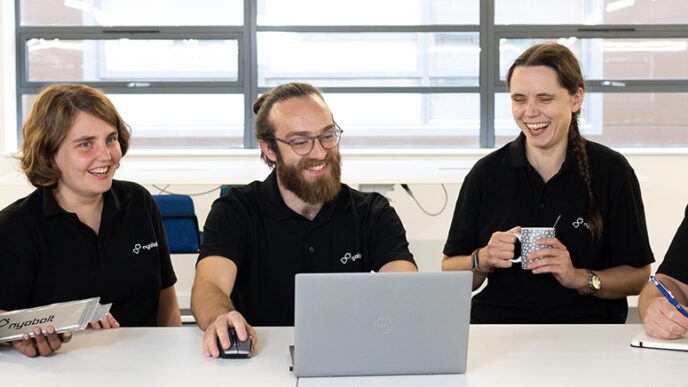British startups are increasingly looking to the U.S. for survival and growth. This shift comes as local venture capital becomes harder to secure.
In 2024, U.K. startups raised just £16.2 billion ($21.1 billion), according to Dealroom data shared by the Financial Times. That’s the lowest annual figure since 2020. Meanwhile, American startups pulled in more than £65 billion last year. That’s a 71% jump compared to 2023—and a clear sign of where capital is flowing.
For many U.K. founders, the message is clear: if they want to scale, they need to look west. Some are going beyond fundraising and are formally incorporating their companies in the U.S.
AI company ElevenLabs, though based in London, chose to incorporate in Delaware. Its co-founder, Mati Staniszewski, said this made it easier to attract American investors. The strategy worked. ElevenLabs closed a major funding round in January and reached a $3.3 billion valuation.
This story is becoming more common. Of the 70 U.K.-born, venture-backed tech firms now based in the U.S., nearly one in five were incorporated after 2020.
While the British government is promoting AI as a driver of future growth, many startups are struggling to secure enough support at home. Founders warn that limited local capital is holding them back. In many cases, global tech giants step in—buying up promising British startups before they fully scale. DeepMind, now owned by Google, remains one of the most famous examples.
Across the Atlantic, U.S. lawmakers are working to open up more capital. The House Financial Services Committee recently introduced 40 bills aimed at improving startup access to funding.
“Our capital markets should work for everyone,” said committee chairman French Hill. He stressed the need to lower barriers, expand regional investment, and make IPOs more realistic for startups.
Lawmakers also pointed out that most VC funding in the U.S. is limited to a few states. Only 19% of U.S. households qualified as accredited investors in 2022. Public listings have also declined, making exits tougher.
For British founders, the contrast is hard to ignore. The U.S. not only offers more capital—it’s actively reforming to offer even more. Without stronger support at home, the U.K. risks losing its most innovative companies to more fertile ground overseas.













